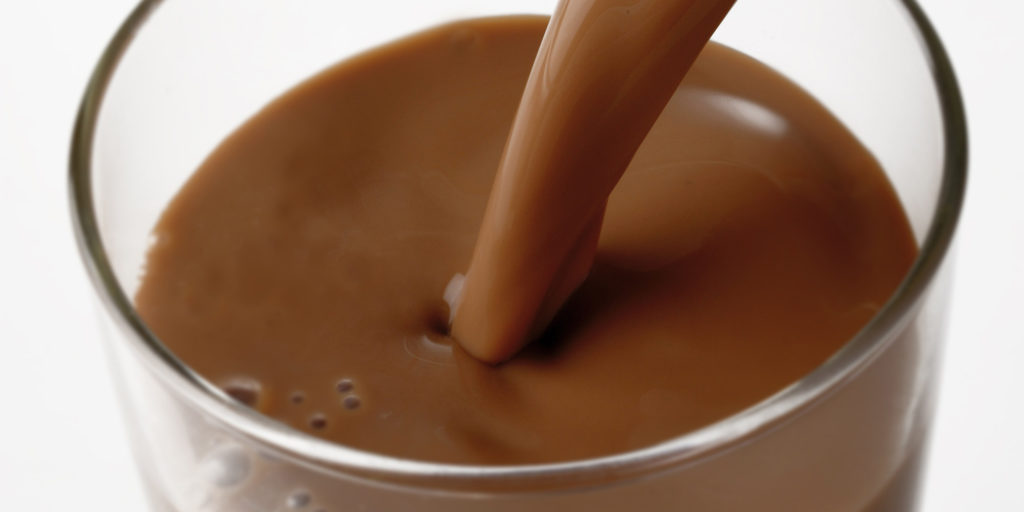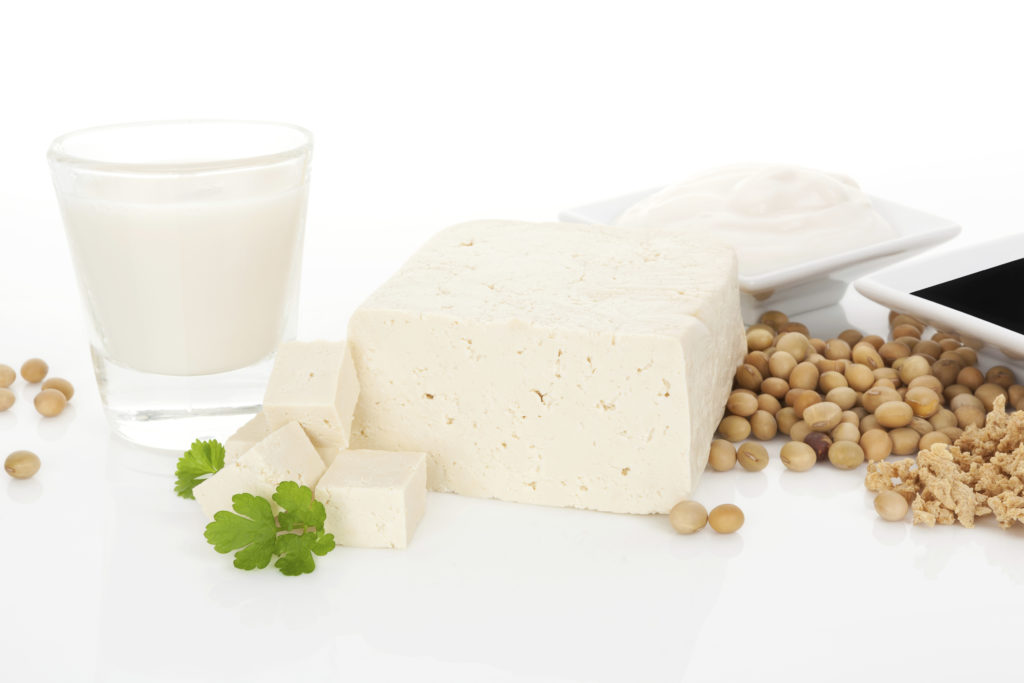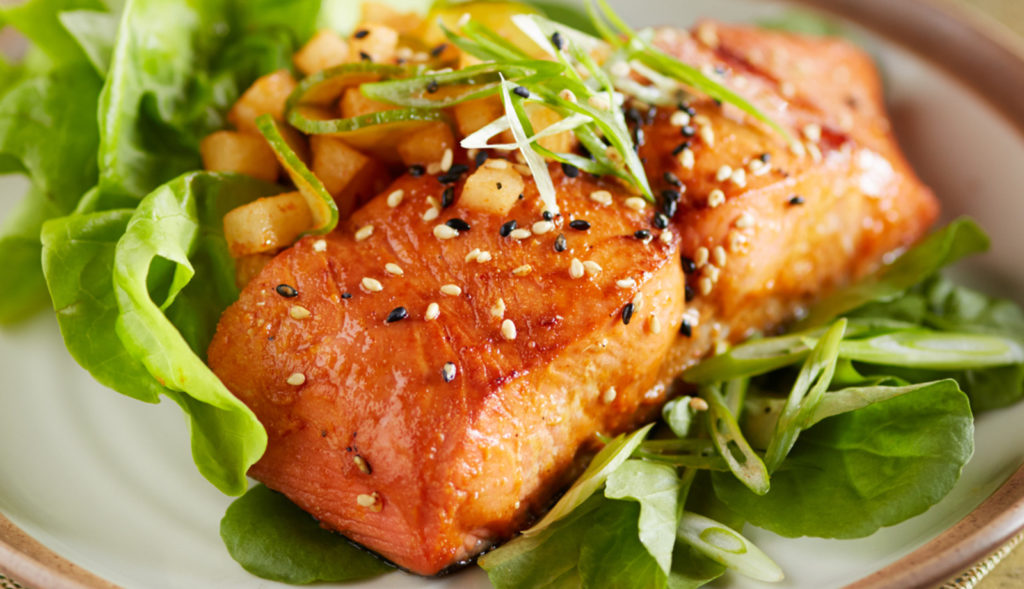Protein is a vital nutrient, in charge of numerous functions in the body, such as developing tissue, muscle, and cells, and also producing body’s hormones and antibodies. All of us need protein in our diet, however in case you engage in endurance sports or weight training exercise you might have to raise your protein consumption, and also to make it a part of your training regimen at particular times in order to experience its muscle-boosting advantages.
Simply how much protein must I consume?
For many people, a regular serving of about 0.8-1g of protein for every 1kg of body weight is required. As for the strength sports athletes, 1.2-1.7g per kilograms of body weight is required daily and having a recommendation of 1.2-1.4g per kilograms of body weight daily for endurance athletes. Right after the workout, protein is particularly significant as muscles require it to recuperate and get bigger. A serving of protein (15-25g) is required in just thirty minutes of exercise, as your muscles are very responsive to protein synthesis.
Excellent Sources of Protein
Take a look at our top 5 products to place in your protein-friendly grocery list!
Eggs

A medium-sized egg has about 6g of protein within an easily digestible form. The omelet is an excellent option to begin your day and it is a great recuperation snack as well.
Milk

Dairy products are filled with protein and also include bone-building calcium, as well. Chocolate milk is considered the age-old recovery food right after the workout, as it includes energy-replenishing carbs as well as a mixture of both fast and slow release whey protein and casein proteins.
Soya

In case you are dairy intolerant, consuming soy foods high in protein like tofu and soya-based beverages can help post-recovery, and they also may help to reduce cholesterol levels and could prevent cardiovascular disease.
Yogurt

A mixture of casein and whey protein, yogurt is a superb protein-rich item. As the majority of the lactose is taken away, it could benefit a lot of people who’re lactose-intolerant.
Pork

Very high-quality proteins also include branched-chain amino acids (BCAAs), that are important in assisting muscle recovery. Leucine, for example, comprises 1 / 3 of muscle protein and assists in activating restoration right after exercise. Pork is the richest sources of leucine and thus an excellent add-on to a post-exercise food. Chicken and lean beef likewise have great levels of leucine.
Seafood and fish

Seafood and fish are great protein sources and they are generally low in fat. Though a bit higher in fat compared to some other options, salmon is loaded with heart-healthy omega-3 fatty acids that can minimize joint stiffness as well as swelling.